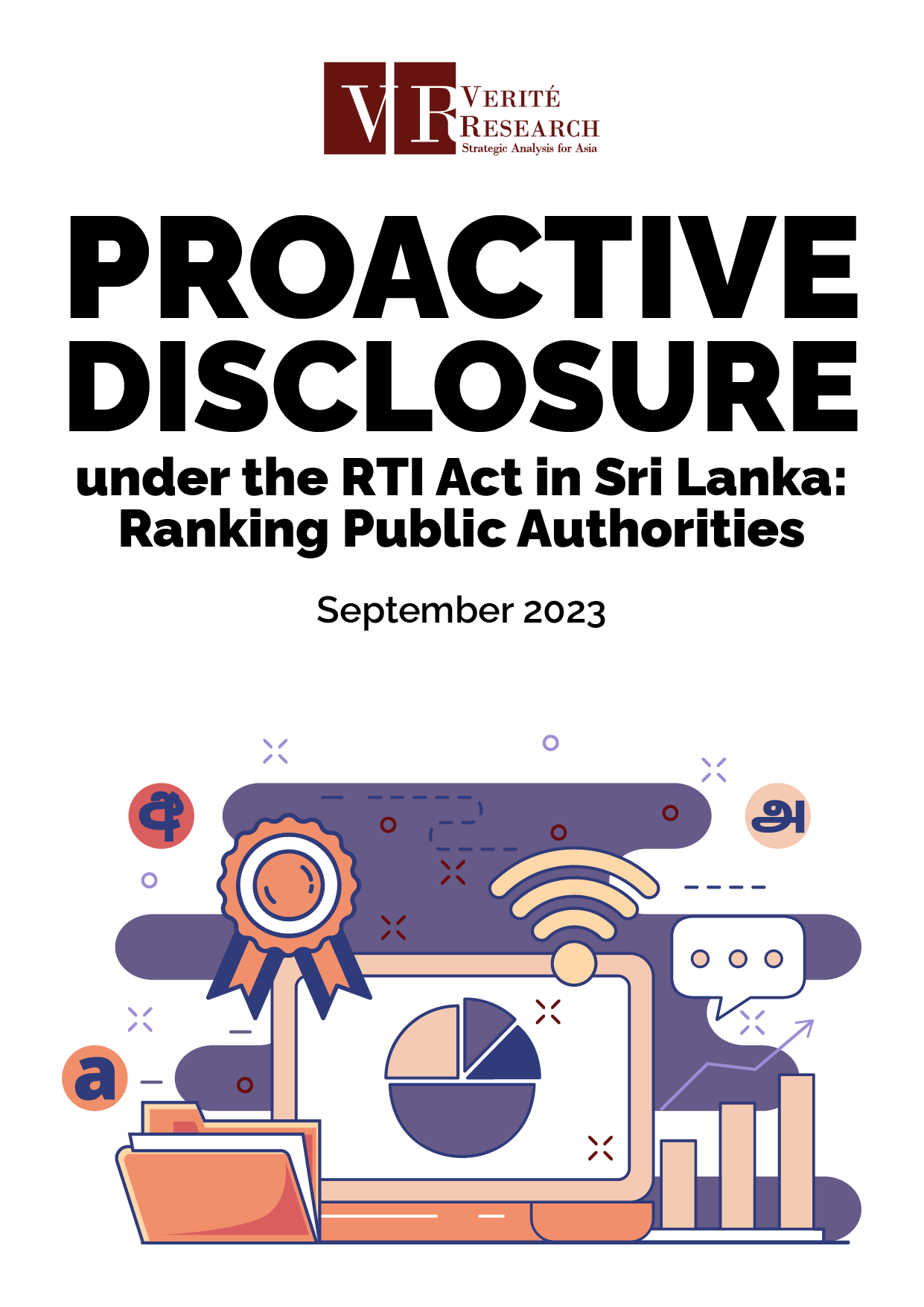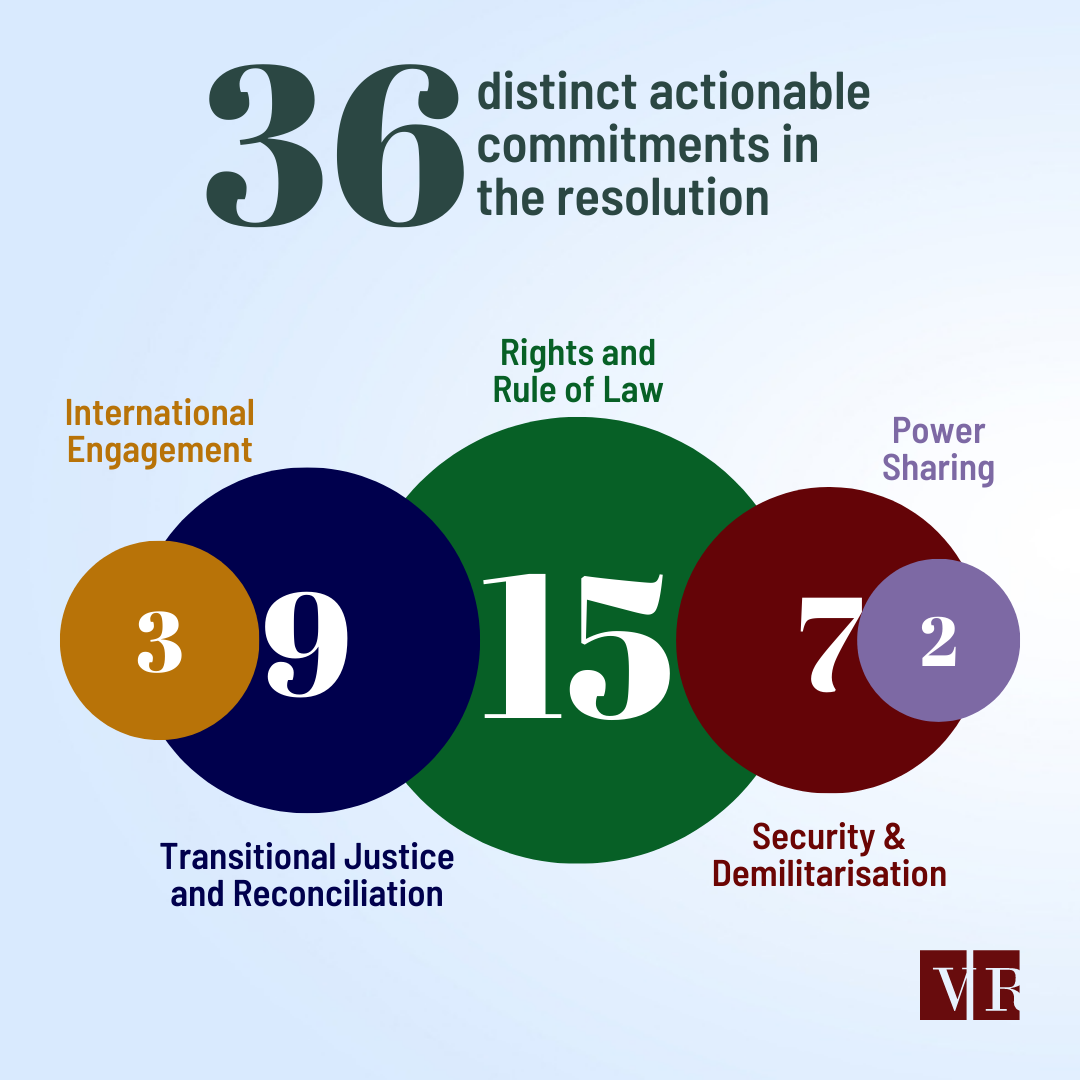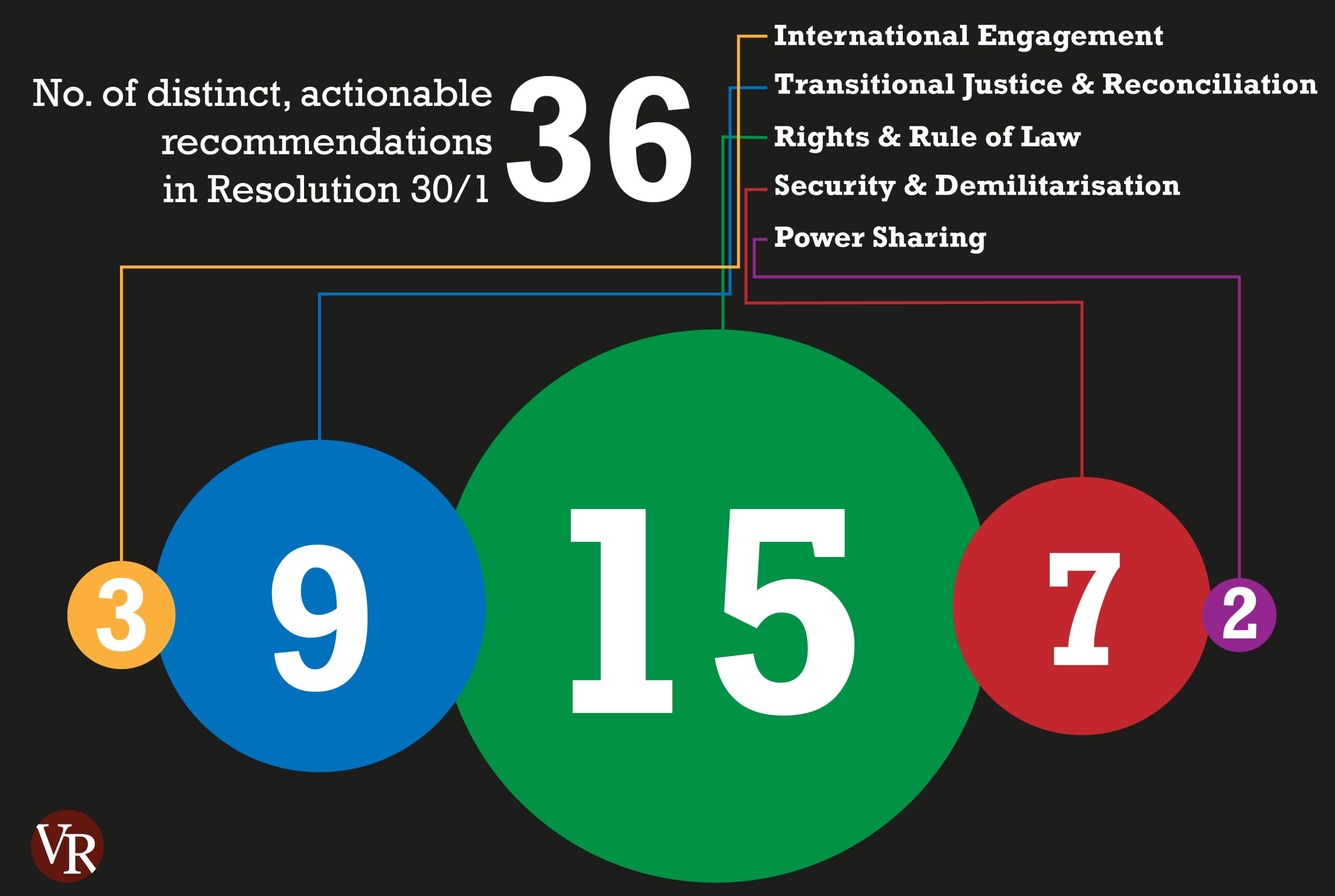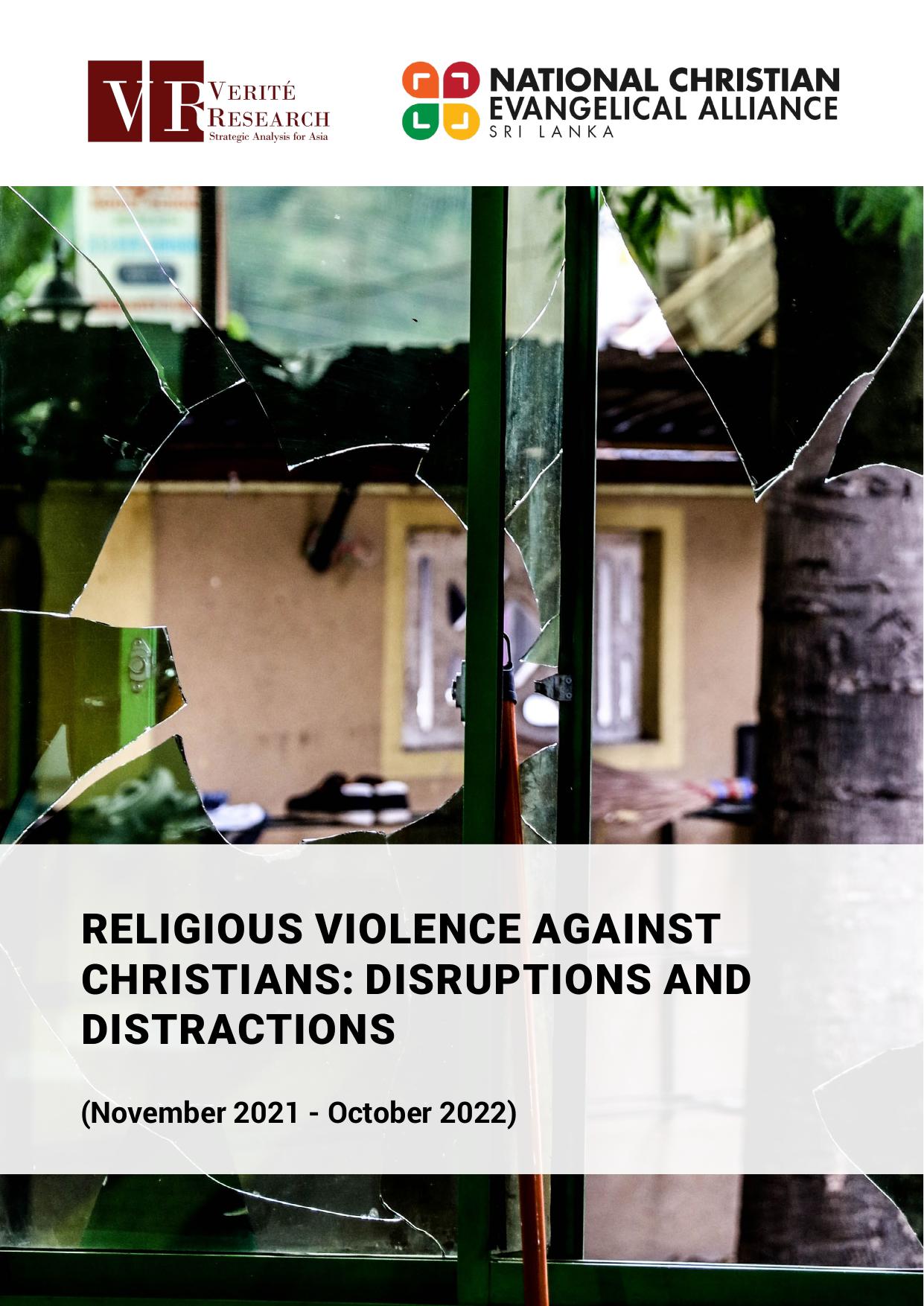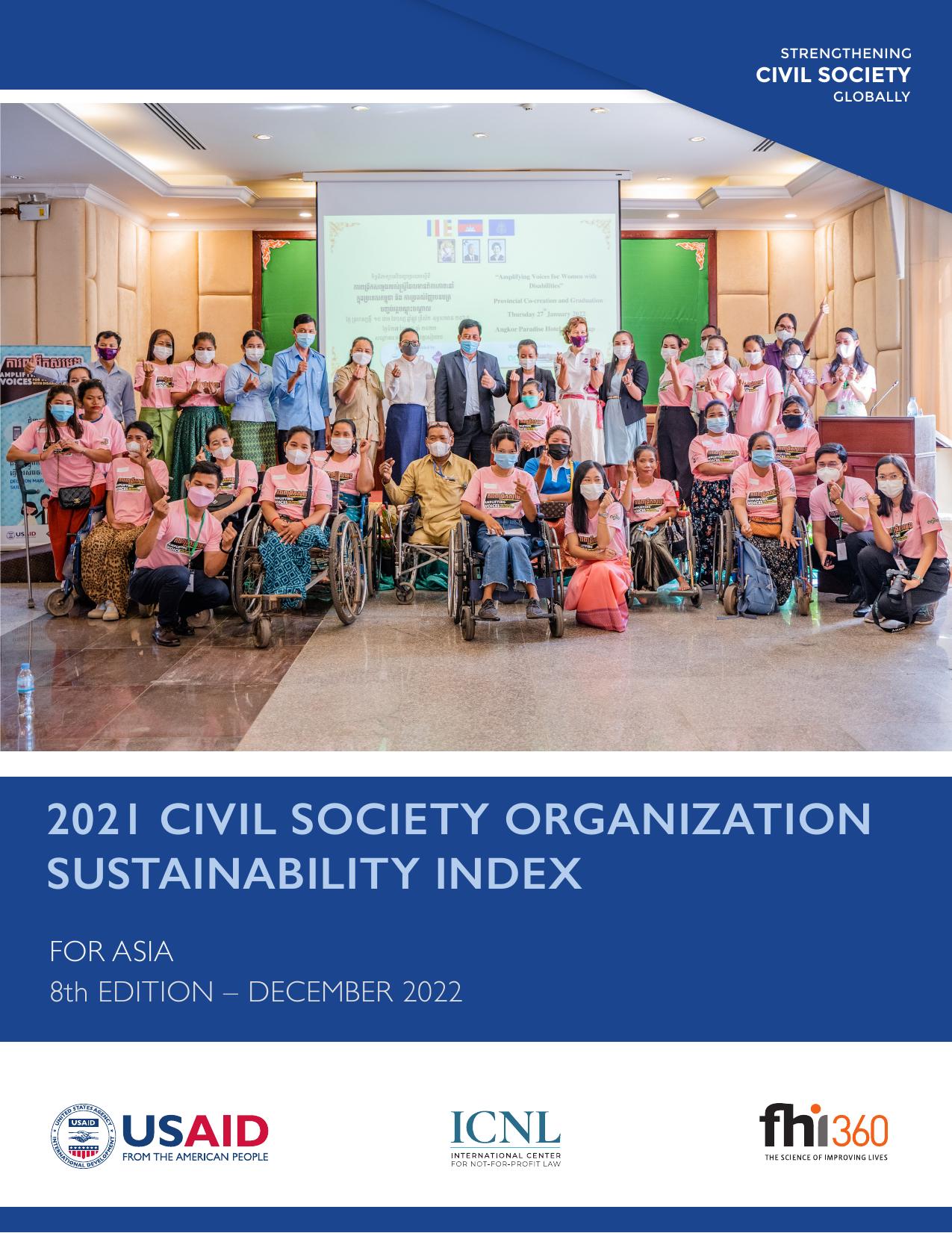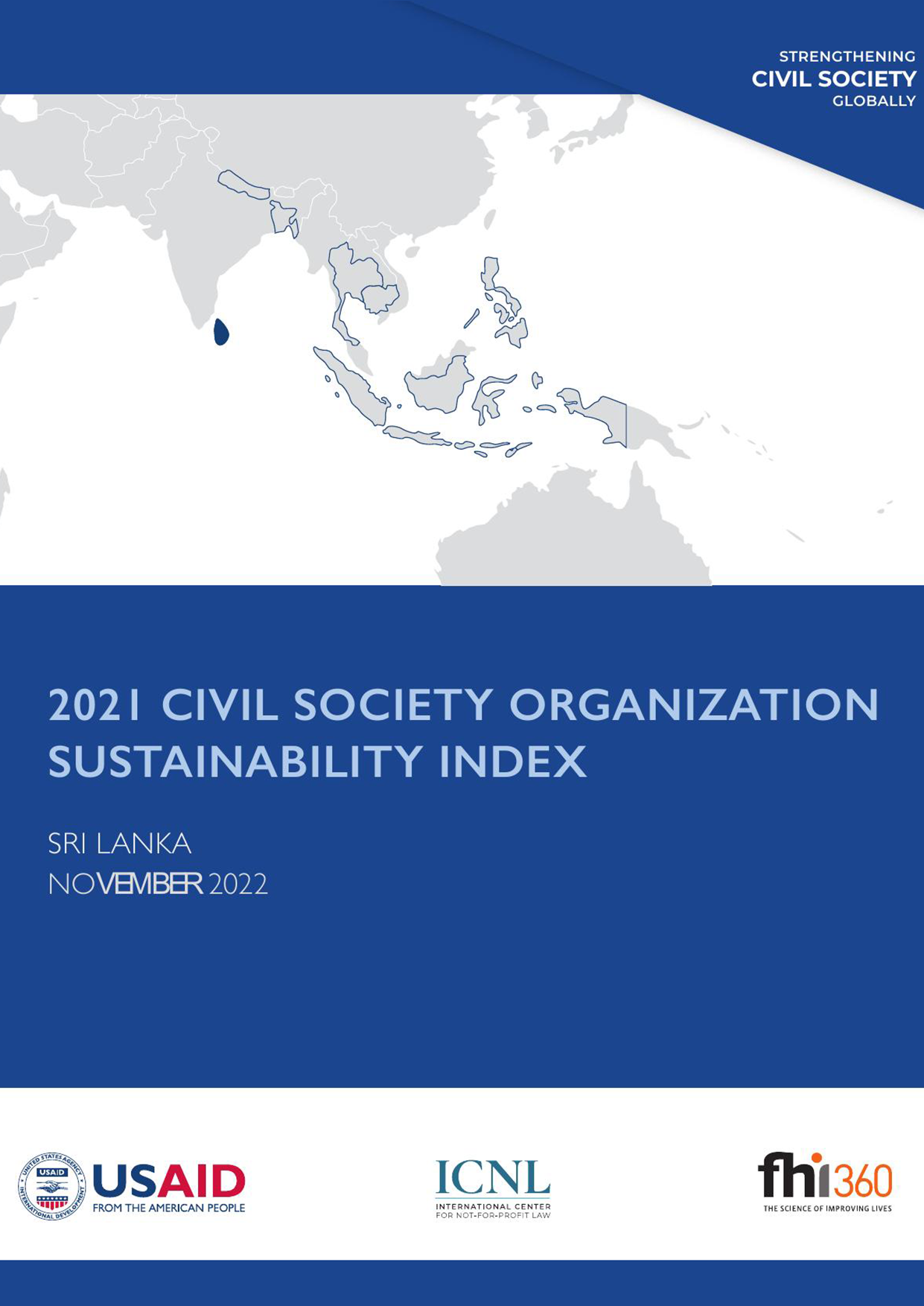Verité Research developed the methodology for this assessment in 2017 with the support of the World Bank and assessed the compliance of 55 public authorities with their online proactive disclosure requirements under the RTI Act. The same methodology was adopted in relation to the 29 cabinet ministries and the Offices of the President and Prime Minister as of July 2022, for the period 01 December 2022 to 31 December 2022.
Verité Research developed the methodology for this assessment in 2017 with the support of the World Bank and assessed the compliance of 55 public authorities with their online proactive disclosure requirements under the RTI Act. The same methodology was adopted in relation to the 29 cabinet ministries and the Offices of the President and Prime Minister as of July 2022, for the period 01 December 2022 to 31 December 2022.
Regulation of social media in Sri Lanka encompasses both a formal and alternative non-legal framework. The study explores the existing legal and non-legal frameworks to regulate the spread of disinformation and hate speech on social media. Thereby, it presents potential implications of the spread of disinformation and hate speech on social media in the specific context of ethno-religious violence in Sri Lanka.
This is Verité Research’s latest study on the Sri Lankan government’s progress in fulfilling the commitments on reconciliation and accountability in UNHRC Resolution 30/1. At the 51st session of the United Nations Human Rights Council (UNHRC) in September and October 2022, Resolution 51/1 was adopted. The Sri Lankan government rejected Resolution 51/1. A written update on Sri Lanka was scheduled at the 54th session on 11 September 2023. This report analyses the government’s progress in fulfilling all 36 commitments made in UNHRC Resolution 30/1 from March 2023 to August 2023.
This is Verité Research’s latest study on the Sri Lankan government’s progress in fulfilling the commitments on reconciliation and accountability in UNHRC Resolution 30/1. At the 46th session of the United Nations Human Rights Council (UNHRC), Resolution 46/1 on Sri Lanka was adopted on 23 March 2021. The 49th UNHRC session began on 28 February 2022 and Sri Lanka’s progress in implementing Resolution 46/1 and the preceding Resolution 30/1 was taken up on 4 March and 7 March 2022. This report analyses the government’s progress in fulfilling all 36 commitments made in UNHRC Resolution 30/1 from February 2021 to March 2022.
This is Verité Research’s latest study on the Sri Lanka government’s progress in fulfilling the commitments on reconciliation and accountability in UNHRC Resolution 30/1. At the 43rd session of the United Nations Human Rights Council (UNHRC) in February 2020, Sri Lanka informed of its decision to withdraw from co-sponsoring Resolution 40/1 of 2019, and its preceding Resolutions 34/1 of March 2017, and 30/1 of October 2015. The 46th UNHRC session began in February 2021. The vote on Resolution A/HRC/46/L.1 on Sri Lanka was taken on 23 March 2021. This report analyses the government’s progress in fulfilling all 36 commitments made in UNHRC Resolution 30/1 from February 2020 to February 2021.
Ethno-religious violence is an enduring feature in Sri Lanka irrespective of the changes to the country’s socio-political and economic landscapes. This study offers insights into key patterns of violence directed against Christians between November 2021 and October 2022. A total of 75 incidents of anti-Christian violence were recorded during this period.
The CSO Sustainability Index assesses the sustainability of the CSO sector across several countries in different regions around the world. The various regional editions of the 2021 CSO Sustainability Index assess the civil society sectors in seventy-three countries, including thirty-two in Sub-Saharan Africa, twenty-four in Central and Eastern Europe and Eurasia, eight in the Middle East and North Africa, and Mexico. The CSO Sustainability Index for Asia region, reports on the state of CSO sectors in eight countries in the region: Bangladesh, Cambodia, Indonesia, Nepal, Philippines, Sri Lanka, Thailand, and Timor-Leste.
The Civil Society Organization Sustainability Index (CSOSI) assesses the sustainability of the CSO sector across several countries from different regions. Since its beginning in 1997, it has expanded from covering 18 countries in Europe and Eurasia Region to 72 countries in 2021, including the Middle East, sub-Saharan Africa, and Asia.
Fair and effective recruitment practices have a significant impact on preventing and countering human trafficking. Universally accepted principles of fair recruitment suggest that workers should be well-informed of all aspects of employment, including the nature of the employment, payment mechanisms, access to dispute resolution, and safe return.

